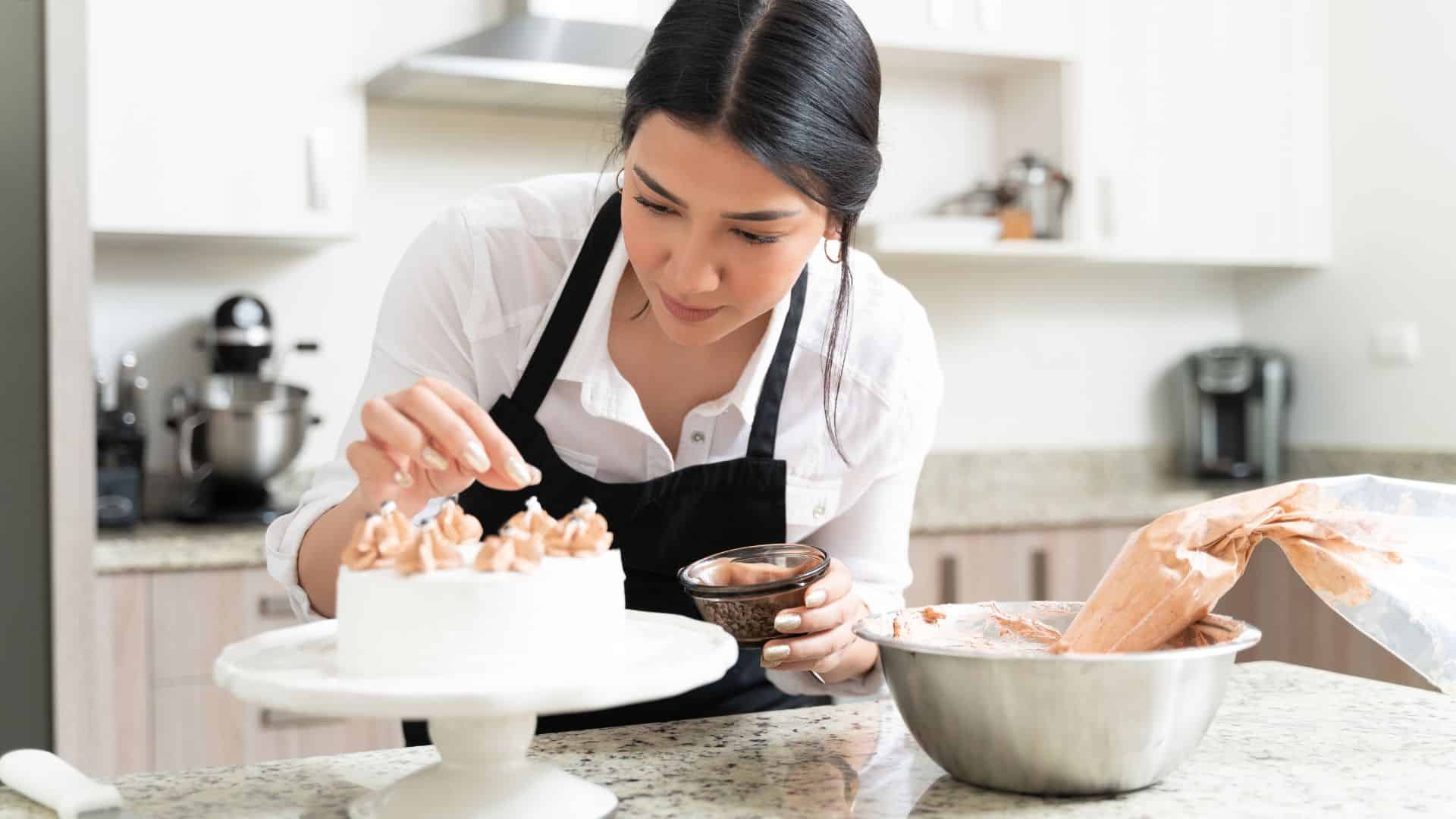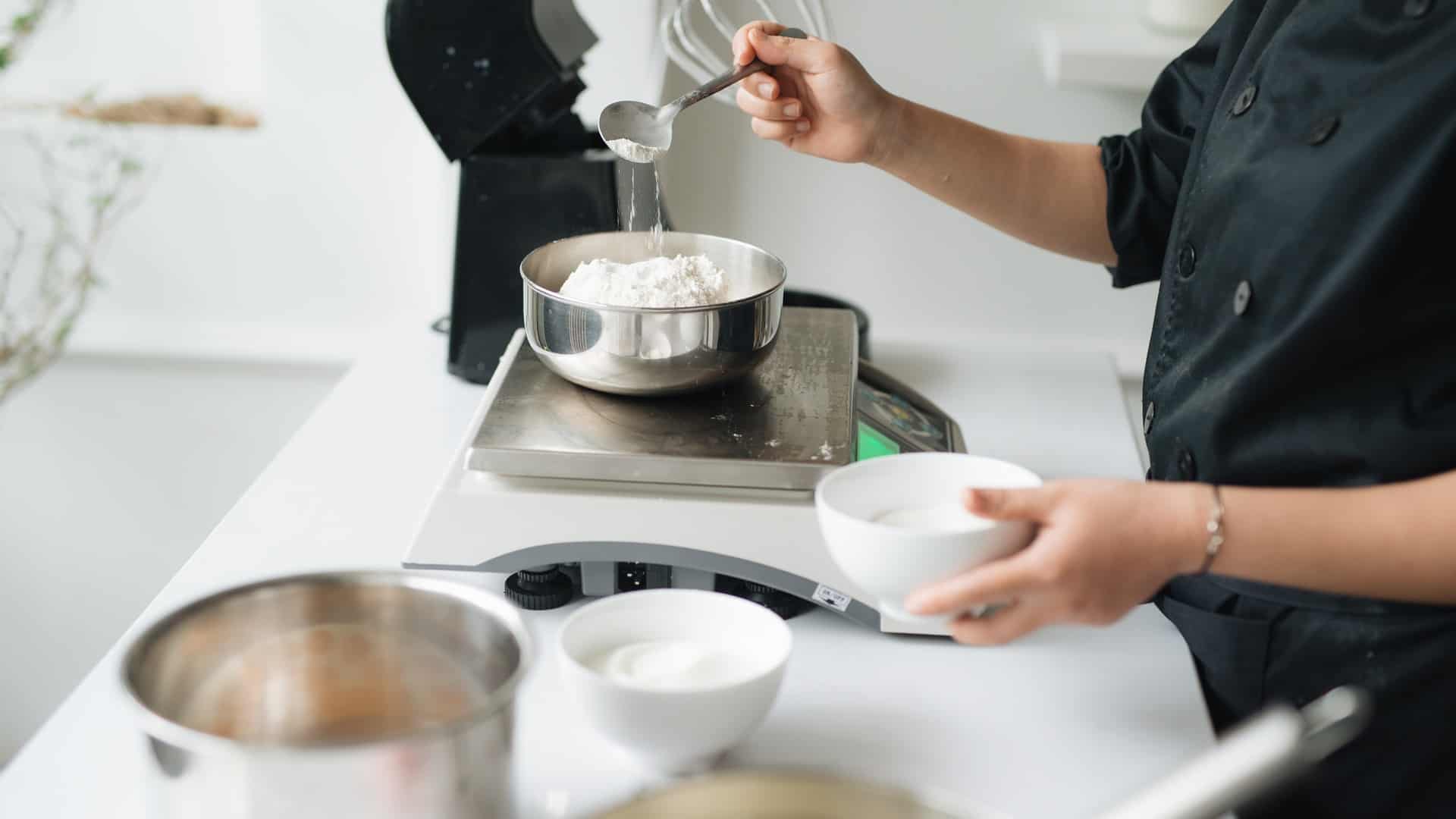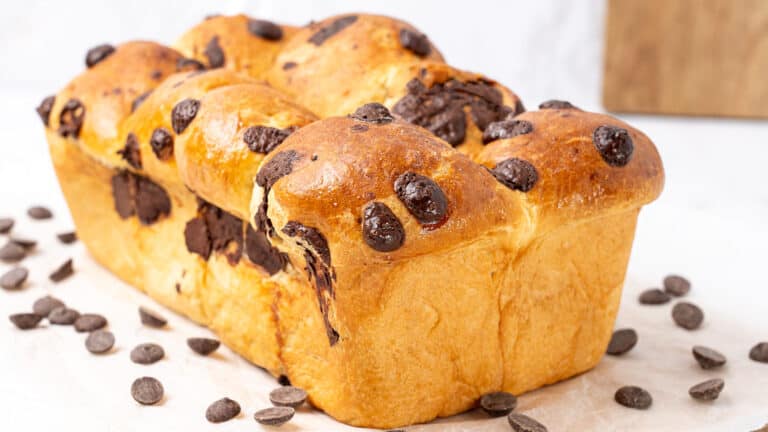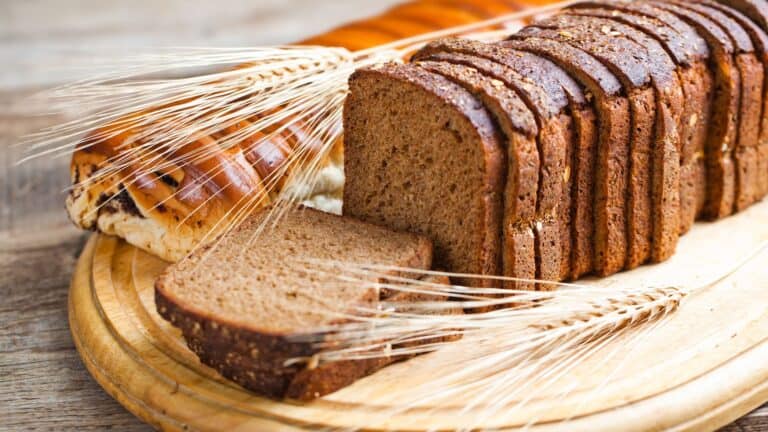The Big No-No-s While Baking

I am finally lifting the lid on the no-no’s of the baking world. From skipping essential steps to using certain ingredients, these insider tips will save your baked goods from disaster. Imagine baking like a pro and avoiding those common pitfalls that can ruin a recipe. Ready to level up your baking game using my expert advice? I hope so because I am ready to share the must-know secrets of professional bakers!

Unlike cooking (where so many of us improvise), you need accurate measurements to ensure the right chemical reactions. I like using a digital scale to measure ingredients by weight rather than volume, which helps achieve consistent, reliable results. However, even using teaspoons and measuring cups is better than simply guessing. I can guarantee that your baked goods won’t be that great if you just guess.
Room temperature ingredients are important to use, but only when specified. Otherwise, they could negatively impact the texture and consistency of your baked goods. Most recipes call for room-temperature ingredients because they mix more evenly and help achieve the desired texture. An exception is using cold butter when making pies.
Every step in a baking recipe is there for a reason. Ignoring instructions or taking shortcuts can lead to poor results. For instance, over-mixing batter can make cakes dense, and skipping resting times for dough can affect the final texture. Read the recipes completely before you start baking. This way, you know exactly what you will be doing as you bake.
Baking too many items at once can cause uneven cooking. Items may not bake evenly if they are too close together, leading to inconsistent textures. I always ensure there is enough space for air to circulate around each item, baking in batches if necessary to maintain quality. Bake one tray of cookies at a time rather than two and you will instantly see a difference.
Proper cooling is essential for the texture and structure of baked goods. Removing items from pans too quickly can cause them to break or become soggy. I always let my baked goods cool on a cooling rack for the recommended time to ensure they are set properly. Never try to flip a cake out of the pan immediately after taking it out of the oven. The cake will likely crumble and you will be left with a big mess!
Preheating the oven ensures it reaches the correct temperature before you start baking. Placing items in an oven that isn’t hot enough can result in uneven baking and poor texture. Preheat your oven for at least 15 minutes and ensure the correct temperature for your baked goods. You want the oven to be at the designated temperature when you put your baked goods in.
Baking ingredients lose their potency over time. I regularly check the expiration dates of my ingredients and replace them as needed to ensure they perform as expected. Expired ingredients can compromise the flavor and effectiveness of your baked goods. For example, expired baking soda will not make your cakes rise as nicely, and expired butter will definitely give your food a sour flavor.
Rotating pans halfway through the baking time can help mitigate this issue, as ovens tend to have a spot that gets more heat and can cause uneven baking. I always watch my items and rotate them as needed to ensure even cooking and prevent over-browning on one side. Take note of how your oven bakes so you know exactly where the hot spots are. Don’t forget to raise or lower your oven racks to accommodate for the hot spots, too.
I always use high-quality, fresh ingredients to achieve the best flavor, texture, and outcome for my baked goods. For example, real vanilla extract provides a richer taste than imitation, and fresh butter offers better results than margarine. Quality matters when it comes to baking. People will wonder why your cookies taste so much better than other cookies, and it may just be because you invest in the best ingredients.
Patience is key in baking. Rushing through steps, especially those that require resting or proofing times, can lead to subpar results. Allow adequate time for each step, understanding that good baking cannot be hurried and that time is essential. Enjoy your time in the kitchen! Your passion for baking will show in every bite!
Tasting your batter or dough (when safe) before baking can provide valuable insights into flavor balance. I like to taste and make slight adjustments, whether adding a bit more sugar, salt, or vanilla to the mixture. Make sure you do not try batter with raw eggs, which can potentially be harmful or make you sick. You can also taste the final product and make notes in your recipe for the next time you bake.
Cross-contamination of flavors or ingredients can ruin a good bake. I always clean my mixing bowls, utensils, and surfaces between different uses to avoid unwanted flavors or allergens. Keeping a clean workspace also helps maintain the integrity and consistency of each recipe. A clean kitchen means a clear mind that is ready to bake perfect foods!






